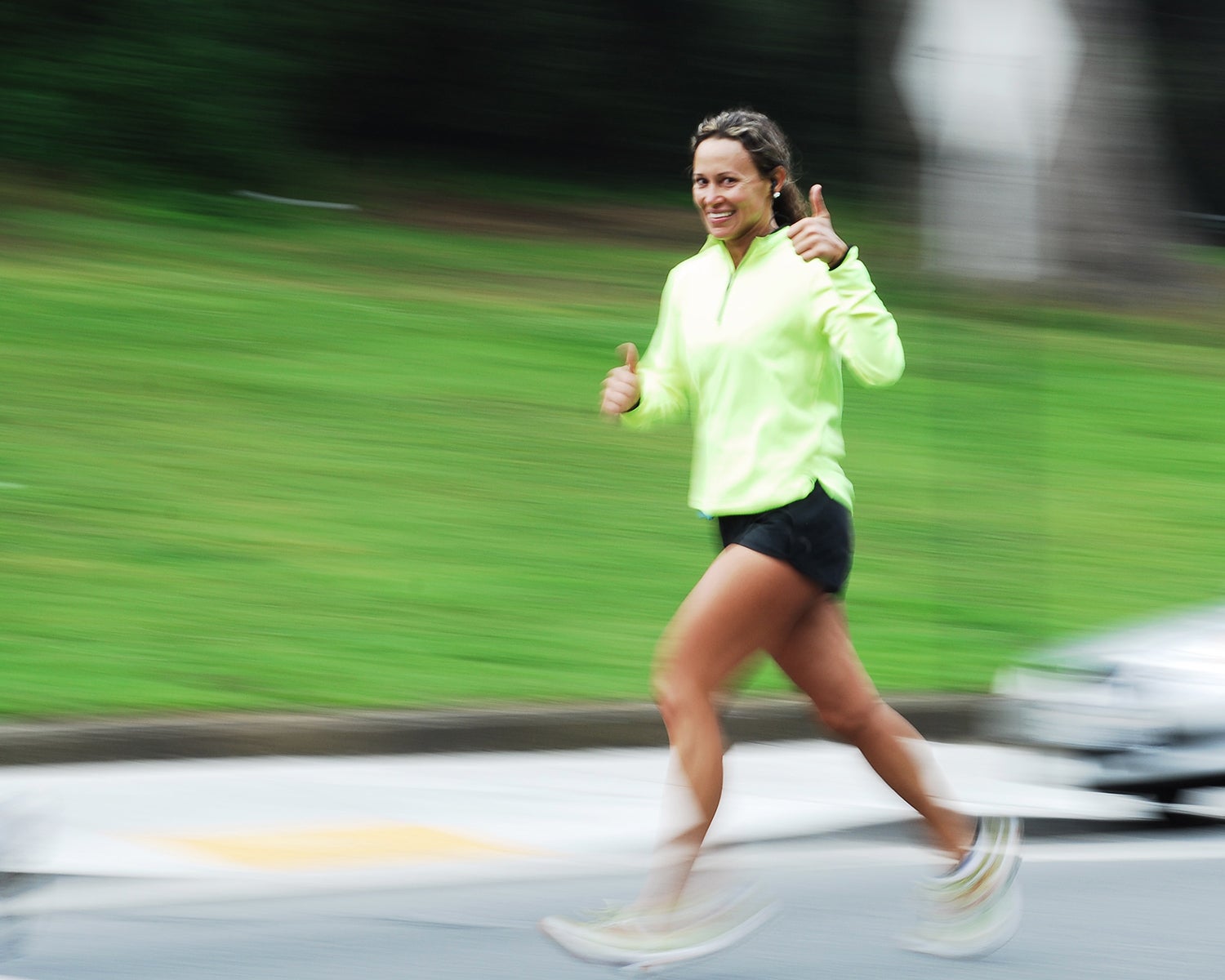Thinking about diet and exercise is not fun. But whether or not we like to think about them, Diet and Exercise are two more of the six cogwheels which work together to support brain health.
I know I could be happy with a hot dog for lunch, a cheeseburger with fries for dinner and some ice cream for dessert pretty much every night. I would mix in a salad as I really do like vegetables, but for snacks, I would eat potato chips, pretzels and maybe some fruit if I ran out of potato chips and pretzels. Now, if I did that as often as I’d like to, I’d probably have been ten years dead.
Back in the day, there was an oft-repeated expression’ “You are what you eat”. I still don’t know exactly what that means, but I think the gist of it is if you put unhealthy stuff in your body it will hurt you eventually. I think to a certain extent that’s true, and as I read up on the diet cogwheel, it’s clear to me that a reasonably healthy diet is one of the keys to a healthy, aging brain and body. The brain needs nutrition, the body needs fuel.
Strong Brains, Sharp Minds describes the physiological impact of diet and suggests that if we are mindful of what we put in our bodies, we’ll position ourselves for healthy aging. In sum, the older we get, the more careful we have to be about what we eat. Whereas when we were young, and our metabolism was a lot faster, we could burn off a lot of the excesses we consumed just by being. Now, we have to in effect protect our older bodies from the excesses we enjoyed in our youth or both our brain and our body will pay the price.
Diet and dieting are two very different things
One key to figuring out how to eat to support brain and body health is to understand that diet and dieting are two very different things. Throughout my life, I’ve had something of a weight problem. I do my best to keep it under control, and I’m not by any means obese, but, as I noted above, if I ate just what appeals to me (and I forgot to mention that I can eat pasta by the boatload), I’d be overweight and as a result, not very healthy. I’m currently on Weight Watchers because as spring approached summer, I attempted to put on a pair of shorts which fit me just fine last fall when I put them away for the winter. Guess what? They were really tight. I tried another pair, I remembered that depending on the brand, some fit differently. Nope, same result. So back on Weight Watchers. Several years ago, I also went on weight watchers when I was getting dressed to go to a Bar Mitzvah and I had to go through 3 pairs of pants before I found one that fit. That diet worked- I changed my eating habits enough to lose enough weight so that all my pants fit.
However, if I had better impulse control around food, I wouldn’t need Weight Watchers, the Keto Diet or any particular diet. It’s pretty simple-try to limit (I really don’t believe abstinence is necessary) processed foods such as candy, potato chips, bread, pasta and fatty foods (fried anything, prime rib, etc) and try to eat more veggies and fruit, not always an easy transition. And again, it’s about limiting rather than giving up these things that taste so freaking good (unless a medical professional whom you trust says otherwise). I mean, really, why should I refuse an extra helping of mashed potatoes and gravy at Thanksgiving (or an extra piece of my step-daughter’s apple pie)? If we don’t abstain, we likely eliminate the need to binge on the stuff we really want. But how, if our metabolism has slowed down, do we maintain our weight, and therefore our brain and body health?
The sad answer: EXERCISE.
Full disclosure here, I am physically active. I do an hour on the treadmill or elliptical machine 6-7 days a week. Once I hit my goal weight and can stop dieting, I’ll mix in some weight work. I also walk every day with my wife and our lunatic puppy, Cosmo Poodle. So, I practice what I’m about to preach.
The most important lesson I learned from the section on exercise in Strong Brains, Sharp Minds is this: it doesn’t matter what we do, as long as we do something that gets us moving. The authors describe this as purposeful movement, and they make the point that our brains evolved for movement, and as we go to gym, or garden, or walk, or play ring around the rosy with grandchildren, we are encouraging what they call neuroplasticity, the growth of new brain cells. New brain cell growth is crucial for our older adult brains, as our brain cells die as we age, and we need to replace them to maintain brain health. Exercise is one way we can actively protect our brains. Exercise also keeps our bodies as strong and limber as possible (given the physical changes aging brings), it helps respiration, and (this is a very big one for me) it relieves stress.
As I said, I go to the gym, which is free thanks to a wellness benefit included in my medicare advantage plan (if you have a medicare advantage plan, you can see if it’s one of the benefits). A lot of us have this opportunity, but the gym is just one option. I live in a neighborhood with a lot of retired folks. Many of them walk in the neighborhood, several of them play golf, others garden or engage in some form of activity that involves movement.
We are not made to be couch potatoes
Although we can veg out, watch whatever on tv or surf the net or whatever, as long as we engage in the deliberate movement of some kind each day. And, if given your health, you are not physically able to move about, maybe talk to a health care provider about helping you figure out movement you can do, and then try it. In the end, no matter what we do, if we do something involving movement, it will only help our brains and our bodies.
– Edward from McMinnville, Oregon, a FAR customer who is finding purpose in this new stage of his life.

Edward
Edward writes for FAR and is also a customer. He is 73-year-old, born and raised in and around New York City. After college and a little graduate school, he took Horace Greeley’s advice and went west. Edward lived in several cities throughout California and currently resides in Oregon. He practiced law for a few years as part of a law collective doing what they called “people’s law,” but spent most of his career working as an internal organizer for the unions.
When Edward’s career ended with the unions, he was determined to become an advocate for older adults. He enrolled at Portland Community College studying Gerontology. He learned a lot about aging and how it applied to his own life experiences and my own aging process. Much of Edward’s writing is related to what he learned in his Gerontology studies.
* The opinions expressed in this article are those of the authors. They do not necessarily reflect the opinions or views of the Finance of America Reverse (LLC).
This article is intended for general informational and educational purposes only, and should not be construed as financial or tax advice. For more information about whether a reverse mortgage may be right for you, you should consult an independent financial advisor. For tax advice, please consult a tax professional.















I WANT TO KEEP UP TO DATE ON RETIREMENT TRENDS
Follow Us.